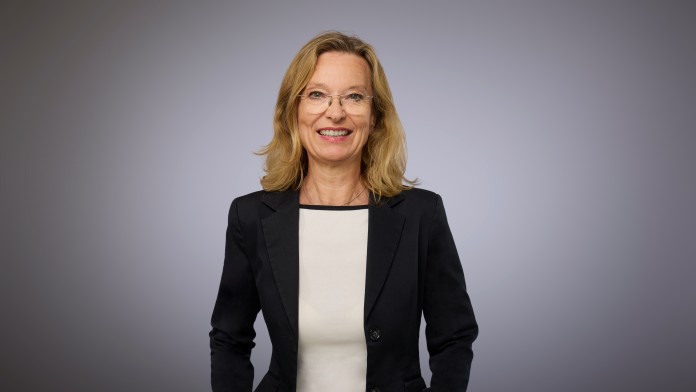Press Release from 2015-06-23 / Group
Business Survey 2015 – financing situation for companies improves further
- Low interest rates, a high self-financing capacity and the economic recovery lead to another record high of the financing climate
- Small and young companies still encounter structural problems with access to credit
- Communication regarding credit ratings could be improved
Low interest rates, low external financing needs due to a high self-financing capacity and an economic recovery despite unfavourable overall conditions have led to another improvement in companies’ financing situation. Both large and small enterprises have never had a more positive assessment of the financing climate since the business survey was first conducted in 2001. The proportion of companies reporting problems taking out credit has currently fallen to 17.1%, while at the end of the financial crisis (2010) the relevant figure was three times as high, and the all-time record (four times higher) was seen in 2002. At the same time, 11.4% of companies report that accessing credit has become easier. This is the highest figure since 2007. These are the core findings of the 2015 business survey, which KfW has conducted among 3,100 companies in partnership with BDI (Federation of German Industries), BGA (Federation of German Wholesale, Foreign Trade and Services), HDE (German Retail Federation), ZDH (German Confederation of Skilled Crafts) and other leading industry associations.
However, the business survey also shows that small and young companies still face difficulties gaining access to credit. These are the two groups of companies most likely to be struggling with low credit ratings, problems to provide sufficient collateral and, as a result, refusal of credit. One problem in this context is that many small companies do not know what rating they have been assigned. Only 31% of small companies are aware of their rating, and this figure has barely improved over the past five years. This indicates that there is potential for improvement regarding the communication between companies and banks.
KfW's Chief Economist Dr Jörg Zeuner commented the findings of the business survey as follows: “At first glance it seems companies in Germany are currently experiencing incredibly positive conditions when it comes to their financing situation. But a closer look reveals that small and young companies are not benefiting enough from this, despite the fact that these two groups are particularly important for growth, employment and as driving forces for our economy.”
The survey was conducted for the fourteenth time among companies of all sizes, industries, legal forms and regions. A total of 21 specialist trade and regional business associations took part in the survey. It was carried out in the first quarter of 2015.
The study “Corporate finance in 2015: financing situation better than ever – structural problems continue to affect small and young companies” is available along with all of the other materials relating to the press conference at www.kfw.de/Unternehmensbefragung in the “Press” section.


Share page
To share the content of this page with your network, click on one of the icons below.
Note on data protection: When you share content, your personal data is transferred to the selected network.
Data protection
Alternatively, you can also copy the short link: https://www.kfw.de/s/enkBbm2w.BFRA
Copy link Link copied